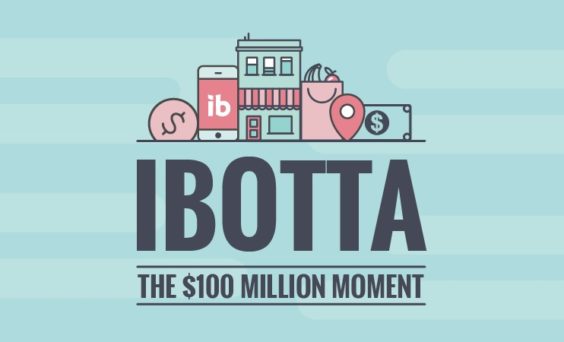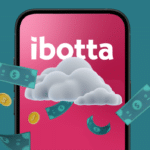Is watermelon less expensive on Wednesdays? Are you paying too much to make ice cream sundaes on Sundays? When you shop could be as important as where you shop, when it comes to saving money.
That’s the catchy headline in a new report from Ibotta. The “$100M Cash Back” shopper analysis was conducted to help celebrate a milestone – four years since its launch, the cash-back app has now helped users earn more than $100 million. So Ibotta decided to find out how, when and where that money is being earned.
“To cut down on the time and costs associated with more frequent shopping, Ibotta identified the best and worst times to save on certain products to help increase shopper efficiency when it comes to buying staple items,” Ibotta said in announcing its report.
Ever wonder what happens to your receipts after you scan them and send them in? Brands, marketers and Ibotta itself are scrutinizing them. For its study, Ibotta analyzed an anonymous sample of more than 50 million receipts to see precisely how its users are shopping, and saving.
And it found that we’re spending too much when we go shopping on weekends. “Mondays and Tuesdays are the best times to save on beer and wine, giving shoppers a nine percent and six percent discount, respectively, over purchasing on a Saturday,” Ibotta reported. Monday is the best day to buy ice cream and sunscreen, Wednesdays are best for produce purchases, Thursdays for cleaning supplies and Fridays for snacks and bread.
Of course, the cause-and-effect doesn’t exactly follow – shoppers aren’t paying more on weekends because stores are raising their prices, then lowering them again during the week. What the data really suggest is that weekend grocery shoppers are less careful and thrifty, grabbing what they need right then and there, instead of planning ahead and buying things when they’re priced right.
But at least they’re still submitting their receipts for their Ibotta rebates, so all is not lost.
Other insights in the study include the fact that the most grocery rebates are redeemed at Walmart. Rite Aid is the most frequently-shopped pharmacy, and Burger King is the most popular restaurant for rebates. Yogurt is a popular rebate item – both Yoplait and Chobani are among the most frequently-purchased brands on Ibotta users’ receipts, with Kraft, Campbell’s, Gerber and Pepsi among the other favorites. Maine is the state with the highest earnings per user. Women have earned the most cash back on Glade products, while men have more pressing needs than keeping the house smelling nice – they earned the most by buying Bud Light.
Overall, Ibotta’s user base is getting younger, as the crowd that doesn’t use coupons, catches on to the allure of cash-back apps. Millennials now make up nearly 60% of Ibotta users, up from 40% two years ago. It’s a common misconception that millennials aren’t interested in coupons and don’t care about what’s on sale at the grocery store. Yet Ibotta’s analysis shows that its younger shoppers are using 20% fewer coupons than their older Generation X counterparts, and are taking advantage of 7% fewer in-store sales and deals. Millennials also shop at pricier, natural grocery stores 56% more than other age groups – and they generally don’t shop at places with the biggest discounts, like dollar stores.
Instead of relying solely on sales and coupons, then, a greater proportion of Ibotta’s user base is choosing to save in other ways – by buying what they want, and submitting their receipts for rebates. And that’s great news for Ibotta, which hopes ultimately to become more ubiquitous and convenient than coupons themselves. “By keeping a pulse on the shopping habits of millennials, whose shopping power continues to increase, our goal is to help them make well-informed decisions,” said Ibotta CEO Bryan Leach.
Not to mention keeping them using Ibotta for years to come.
So skip buying booze this weekend, and try waiting until Wednesday to get your fresh veggies. Then you may be able to claim an even greater share, of Ibotta’s next $100 million in rebates.














